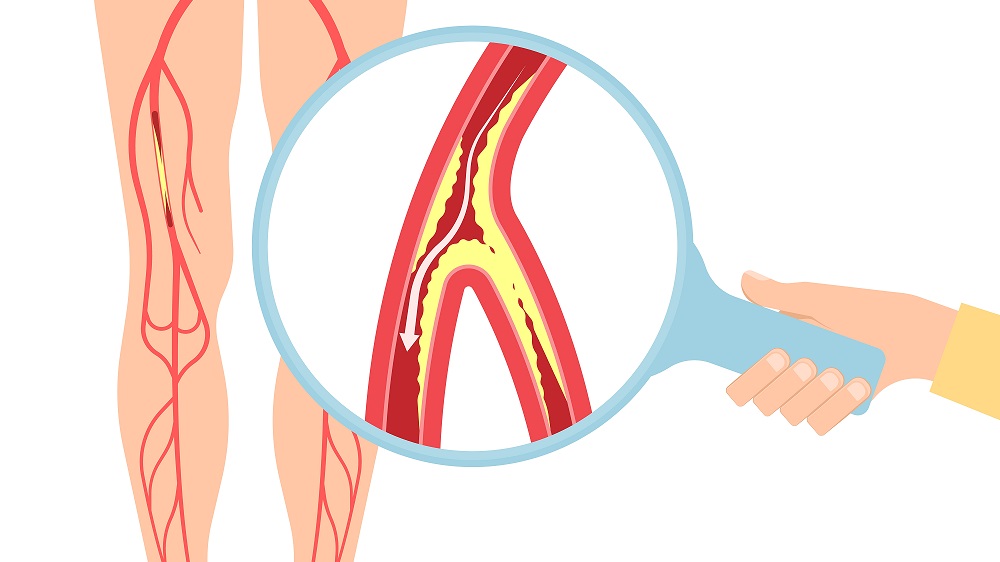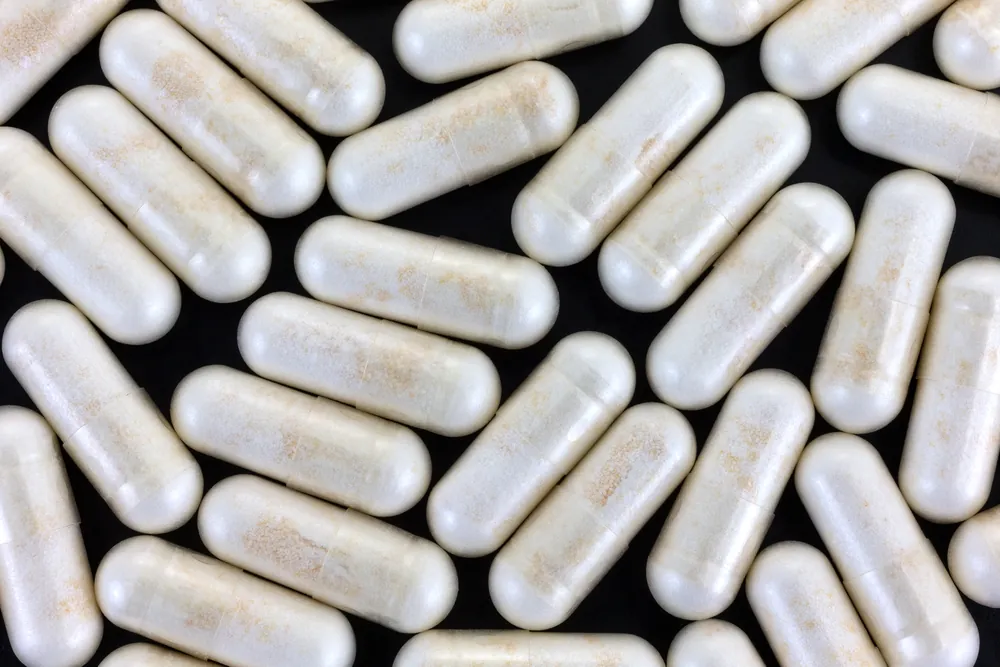Nicotinamide Riboside Improves Walking in Clinical Trial
- Adding NAD+ appears to be somewhat effective against arterial restriction.

Researchers publishing in Nature Communications have found that nicotinamide riboside (NR) improves walking distance for people who have peripheral artery disease (PAD) in the legs.
When the arms and legs don’t get enough blood
Ischemia, the failure of blood vessels to deliver sufficient oxygen and nutrients, is a key part of fatal conditions such as heart attack and stroke. However, arms and legs can get ischemia as well, and PAD in the legs can make walking painful or impossible [1].
To counter this, the researchers turned to NR, as greater NAD+ abundance is linked to better muscle health and mitochondrial activity in older people [2]. The researchers also suspected that including resveratrol, which has been reported to increase the affinity of SIRT1 for NAD+ [3], might also help in NAD precursor administration. To test this idea, they created a clinical trial combining NR and resveratrol, and their findings were not what they expected.
NR was effective, but resveratrol was of no help
This trial initially recruited 142 people, but 52 were excluded. Three groups were in this trial: NR + resveratrol, NR alone, and a placebo group. After exclusions, each group had roughly 30 participants.
Compared to the placebo group, the NR group met this trial’s criteria for statistical significance, improving 6-minute walk distances by 17.6 meters on average after six months. However, the NR + resveratrol group only walked 3.6 meters more after six months, and this small difference did not meet statistical significance. NR alone was able to improve walking time on a treadmill by 2 minutes, meeting statistical significance, but again, the NR + resveratrol group did not quite meet that threshold.
Much of this difference was found to be due to the participants’ adherence to the study’s guidelines. In a post-hoc analysis, among people who took at least 75% of the supplied doses, NR alone improved walking distance by 31 meters and NR + resveratrol improved it by 26.9 meters; both of these measurements were well within statistical significance.
NR, however, was not able to meet every outcome. The total counts of physical activity per minute and over the course of a day seemed to be slightly improved, but the results did not meet statistical significance, regardless of whether or not resveratrol was included. One measurement of cellular health in the leg, the abundance of satellite cells in the gastrocnemius muscle, was significantly improved with NR; however, other measurements, including myofiber type and, interestingly, NAD+ abundance, were not improved.
Resveratrol did not statistically improve any positive measurement over NR alone. Instead, it seemed to be responsible for adverse events: people in the NR + resveratrol group had higher rates of diarrhea and vomiting compared to the placebo or NR-alone groups.
The researchers recognize the relatively small number of participants in this study, and not all of the participants had muscle biopsies done. However, they note that it is the first of its kind to show a benefit for NR in walking speed. Further trials will need to be done to confirm the validity of these results.
Literature
[1] Polonsky, T. S., & McDermott, M. M. (2021). Lower extremity peripheral artery disease without chronic limb-threatening ischemia: a review. Jama, 325(21), 2188-2198.
[2] Elhassan, Y. S., Kluckova, K., Fletcher, R. S., Schmidt, M. S., Garten, A., Doig, C. L., … & Lavery, G. G. (2019). Nicotinamide riboside augments the aged human skeletal muscle NAD+ metabolome and induces transcriptomic and anti-inflammatory signatures. Cell reports, 28(7), 1717-1728.
[3] Howitz, K. T., Bitterman, K. J., Cohen, H. Y., Lamming, D. W., Lavu, S., Wood, J. G., … & Sinclair, D. A. (2003). Small molecule activators of sirtuins extend Saccharomyces cerevisiae lifespan. Nature, 425(6954), 191-196.
- News
- NAD+, NR, Resveratrol, SIRT1









